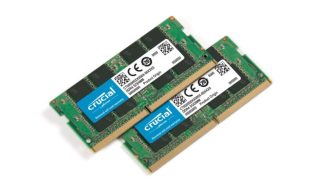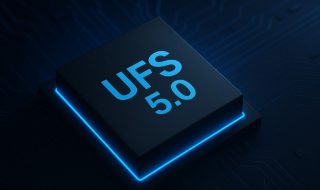Wi-Fi 7 has just started rolling out, but TP-Link is already looking ahead. The company has successfully demonstrated the first working prototype of Wi-Fi 8 (802.11bn), calling it a major milestone in the development of next-generation wireless technology.
According to TP-Link, the early test validated both beacon and data transfer capabilities of Wi-Fi 8, which confirms that the new standard is technically ready for further development. The prototype was created in collaboration with industry partners, and TP-Link expects consumer devices to arrive before the Wi-Fi 8 standard is officially finalized. The IEEE (Institute of Electrical and Electronics Engineers) is expected to complete the standard by 2028.
Unlike earlier Wi-Fi generations that focused mainly on faster speeds, Wi-Fi 8 is designed to improve reliability and stability in real-world conditions. It will continue using the 2.4GHz, 5GHz, and 6GHz bands. It boasts to offer up to 320MHz bandwidth and a theoretical peak data rate of 23Gbps. But the real focus is on performance by keeping connections stable even when signal strength is low or when multiple devices are connected at once.
This means smoother gaming, uninterrupted video streaming, and fewer call drops or lag issues during online meetings.
Qualcomm, one of the key contributors to the Wi-Fi 8 specification, says the new standard “marks a fundamental pivot” in how wireless networks are built. Instead of focusing solely on speed, Wi-Fi 8 aims to bring wireless performance closer to the consistency and reliability of wired connections.
As connected homes, smart devices, and high-bandwidth applications continue to grow, Wi-Fi 8 could play a critical role in supporting the next wave of digital experiences.













